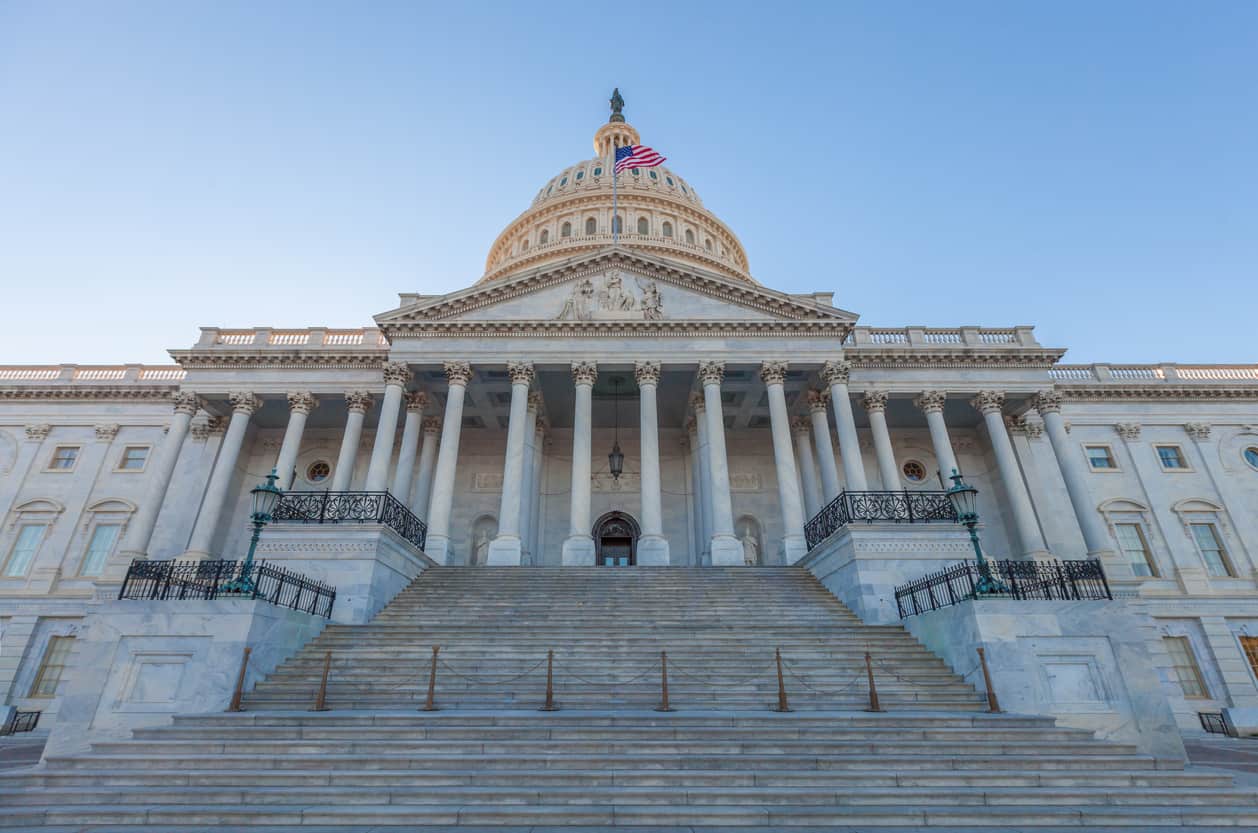
Alert: Senate Passes PPP Flexibility Act – What Your Business Needs to Know
Disclaimer: This information was correct at the time of publication; however, new guidance from government agencies may be issued at any time, causing some or all of this information to change. Please visit our COVID-19 Business Strategy Hub for the latest news and ensure you are subscribed here to receive email alerts as they are released. We are working diligently to provide the most current information as it becomes available under our COVID-19 Actionable Insights For Businesses Series.
Last night, June 3, 2020, the Senate passed H.R. 7010, the Paycheck Protection Program (PPP) Flexibility Act of 2020, which was passed by the House on May 27, 2020. It now merely awaits the President’s signature to become law.
Small businesses across America advocated for the passage of the PPP Flexibility Act, claiming the need for increased flexibility for companies still struggling to emerge from COVID-19 related closings. The bill modifies several key provisions related to the forgiveness of PPP loans. With these provisions in mind, the guidance needed to manage PPP loan funds and optimize loan forgiveness has changed considerably. This blog post explores what you need to know to best manage your PPP loan funds and set your business up for a faster recovery.
The PPP Flexibility Act makes the following significant changes to the PPP loan fundamentals:
- Extends the covered period from 8 weeks to the earlier of 24 weeks after PPP funding or December 31, 2020, but gives borrowers the option to retain the original 8-week covered period. While there is a significant question regarding whether the SBA will allow borrowers meeting all requirements to end their covered period between the 8- and 24-week options, it appears that borrowers will not have that flexibility and will need to choose between an 8-week covered period or a 24-week covered period.
- Lowers the 75% payroll cost rule to 60%. However, we now believe the 60% requirement is a “cliff” and not a “cap.” In other words, to achieve any forgiveness, you must now spend at least 60% of your PPP loan on payroll costs.
- Allows any unforgiven PPP loan amount to now be repaid over a minimum term of 5 years (extended from 2 years).
- Pushes the June 30, 2020, safe harbor deadline to rehire workers or reinstate pay to no later than December 31, 2020.
- Allows further exemptions from the statutory FTE reduction rule for:
- An inability to rehire employees (which is an SBA rule that is now in the law),
- An inability to hire qualified employees for unfilled positions, or
- Any business that can document an inability to return to your February 15, 2020, level of business activity due to governmental requirements and guidelines by December 31, 2020.
- Changes the 6-month PPP loan payment deferral period to the date when the loan forgiveness amount is remitted to the lender.
- Adds a provision that requires borrowers to make PPP loan payments if they fail to apply for loan forgiveness within 10 months after the last day of their covered period.
- Allows companies that receive loan forgiveness to defer the employer portion of their payroll taxes through December 31, 2020.
- 50% of the deferral must be paid by December 31, 2021
- 50% of the deferral must be paid by December 31, 2022
The effective date for these provisions is the date of the original Coronavirus Aid, Relief, and Economic Security (CARES Act) enactment (March 27, 2020).
If you need assistance managing your PPP loan funds or calculating your loan forgiveness amount, the Moore Colson team is available to help. To learn more, visit the COVID-19 Business Services section of our website or contact us. Also, be sure to subscribe here to get our news and alerts as they are released as we are committed to keeping you updated on how to navigate financial challenges associated with the COVID-19 pandemic.

Bert Mills, CPA, is the Managing Partner at Moore Colson. In his role, Bert sets the vision and mission of the Firm and works closely with the Firm's leadership to drive and implement strategies.

Chris Arnone, CPA, is a Partner and Business Assurance Practice Leader at Moore Colson. Chris has over 20 years of experience providing audit, accounting and consulting services for companies in the transportation, manufacturing, distribution, staffing, private equity and venture capital industries.

Andy Starnes, CPA, is a Partner and Tax Services Practice Leader Moore Colson. Andy’s specialties include corporate tax compliance and planning, business consulting and multi-generational planning with a focus on the construction, professional services and staffing industries.

Tyler Wright, CPA/ABV/CFF, CFE, is a Director in the firm’s Consulting Practice. Drawing on 15 years of experience as an external auditor, internal auditor and forensic accountant, Tyler provides accounting and financial advice in forensic investigations and commercial disputes.
